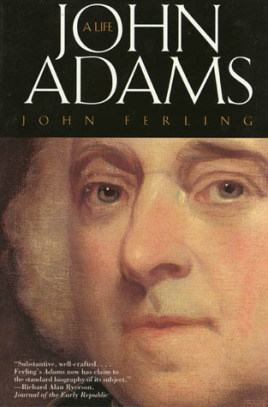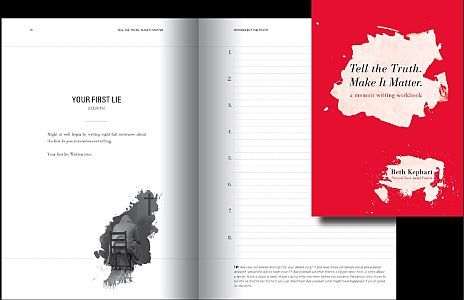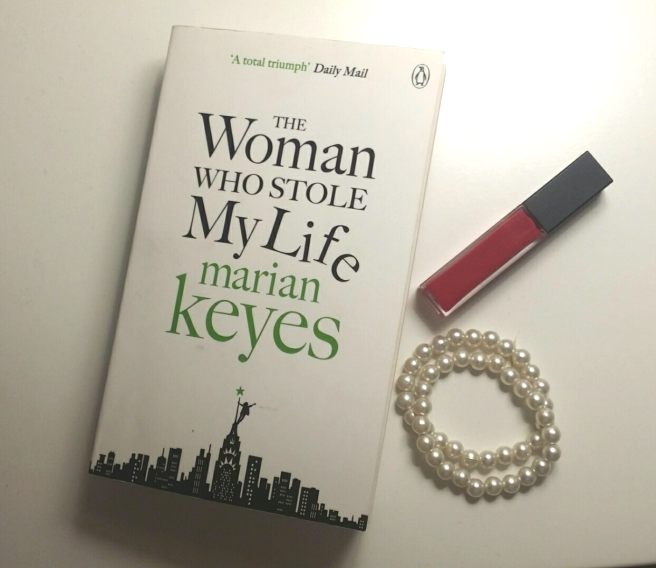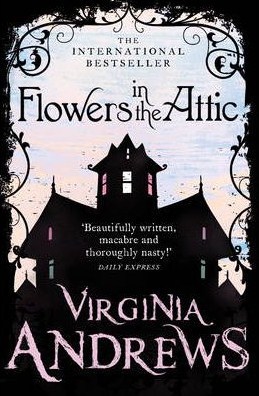
John Adams: A Life
Author: John Ferling
Release Date: 1992
Any book that followed Ron Chernow’s biography on Washington would likely come up looking worse by comparison, which is definitely fitting considering John Adams the person. Prior to reading this book Adams was one of my favorite presidents (mainly due to his portrayal by William Daniels in the excellent musical 1776) and also because Washington always seemed passive, compared to the feisty or obnoxious Adams. Whereas Washington was elevated by Chernow’s book by actually having many of the personality traits and important moments that form our picture of him, Adams appeared to have less of a role regarding American independence than I’d previously thought.
When choosing this book, I compared the reviews to McCullough’s biography on Adams, as these were the two most highly rated. The negative reviews on that book however, talked about how McCullough tended to gloss over Adams’s faults, and tended to make excused for him in order to keep on point about his greatness. This will probably be the first president I double-dip on biographies for because this book certainly didn’t do that. The result was an educational read, but none of the passion or amazement that came from reading Chernow’s biography.
As with Washington, I’ll look at different aspects of Adam’s life covered in the biography, so I can look back and compare all these different presidents down the line:
Born into – Adams was the oldest son of a modest man, and as a result was put through school instead of having to work the field or be a soldier, or any of the other more likely jobs his relatives went into. While not quite a rags to riches, a la Alexander Hamilton, he didn’t inherit money like Washington or have the physical attributes that commanded respect. In that way, he comes out ahead for thriving with fewer advantages. 4/5
Pre-president – This was the biggest area where John Adams disappointed. His role in rebelling against Britain really didn’t begin until about 1774, long after his cousin Sam was really making a difference in public opinion. Adams writing was also never impressive, so it can’t be said that he was influencing people passively like Thomas Paine. Although he was on the committee with Jefferson for writing the Declaration of Independence, he didn’t believe it would be anything that would be remembered. Adams served as a Diplomat to France, but spent most of his time bickering with Benjamin Franklin, who (this author at least) believes accomplished much more while overseas. Adams credited himself with the great accomplishment of getting the aid of Holland during the war, but this was done after the Battle of Yorktown, the turning point of the war. He also served as the first vice president, and historians have only found two instances Washington even consulted him. Where he did shine was in outworking any other man in Congress (more hours and more committees) and in taking most any assignment given to him. Still after reading this book, it’s tough to give him too much credit for most of the things he’s famous for. 2 out of 5.
Presidential career – Adams is best remembered for two things as president, the Alien & Sedition Act, and his midnight judges appointments. Both are considered negatives historically, but the author here minimized Adams culpability for both. For the prior, the acts were pushed through by a Federalist congress, and Adams only used the Sedition Act (which was still bad, prosecuting critics of himself or his party), never the Alien acts (deporting citizens that were threats to the country); for the latter, appointing people of your party is something most people in power will do while they are still able to. The one great accomplishment of Adams presidency was keeping America out of a war with France while his own party was pushing for one. Adams was wise enough to seek counsel from Washington, and utilize him as needed to prepare for war, but also to depend on diplomacy and time to avoid the conflict. It’s likely only Adams or Washington had enough clout in the Federalist party to avoid war in a similar situation. Adams also would spend six months in office and six months back home. Adams was a one term president. 2.5 out of 5.
Vice President – Thomas Jefferson was Adam’s vice president, and once again the officeholder did nothing to assist the sitting president. This time, the two men were also rivals and of opposite parties. Although the two were friends earlier in life, and reconciled in the end, once again at this point in history they did not have this office figured out. 1 out of 5.
First Lady – For the first half of their marriage, John chose career over family 90% of the time. In particular, he went years without seeing his wife or children for his appointments in Europe. Abigail kept the farm running, but I didn’t get the feeling it was a happy life for her or the children. Of the four children that grew to adulthood, 2 became alcoholics, and another had a disastrous marriage that kept her dependent on her family for her entire life. Abigail’s most interesting time was basically when she was writing letters to other men while her husband was away. Although the two seemed to settle down together better into old age, this certainly was a romantic marriage to envy, and she did nothing of note while her husband was in the White House. 1.5 out of 5.
Post presidency – Adams essentially retired after his presidency, and led a LONG life. Most of his time was spent writing letters to his colleagues, and trying to set the record straight with various historians. The author correctly points out that Adams was elevated in popular opinion by his manner of death (dying on the 50th anniversary of the Declaration of Independence, on the same day as Thomas Jefferson). That’s a story I’ve heard for years, and was certainly more interesting than anything else Adams did in his final years. 4 out of 5.
Book overall – I learned a lot reading this book, which is always a goal. I don’t believe Ferling was a big fan of Adams, which transfers onto the reader. Ferling seemed to only put quotes from Adams’s writing when it included a spelling or grammatical error, of which I noticed a few in Ferling’s own writing (which is more of a critique on the editor). The book seemed like a fair interpretation of Adams the man, and you can’t ask for much more than that. If it had also been more entertaining, or generated more passion (in either direction) I’d have likely given it a five.

- 4 Barrels
- Biography
- Presidential Biography





